Ask anyone what it takes to maintain or build muscle, and most will say “lift weights,” “eat more protein,” or “take supplements.” But today, top sports nutrition experts are highlighting a more surprising, often forgotten factor that plays a critical role in muscle health: hydration.
That’s right—drinking enough water may be just as important as hitting your protein goals and crushing reps in the gym. As research continues to uncover the role hydration plays in muscle synthesis, nutrient transport, and recovery, dietitians are urging athletes, gymgoers, and everyday health-conscious people to rethink how they hydrate.
💦 Why Hydration Matters More Than You Think
Water isn't just for keeping cool or preventing thirst. It's a vital nutrient that supports the biological processes that allow your muscles to repair, recover, and grow stronger after exercise.
When you're dehydrated, even by a small percentage, your muscles can't perform at their best. Blood flow slows, nutrient delivery weakens, recovery is delayed, and your chances of cramps, fatigue, and performance dips increase dramatically.
According to leading sports dietitians, hydration is the foundation of muscle health. Without enough water, protein metabolism is impaired, energy levels tank, and your workouts—no matter how hard—don’t result in the gains you’re hoping for.
🧠 The Science Behind It
Our muscles are made up of nearly 75% water. This isn’t just structural—it’s functional. Water acts as a medium for all kinds of cellular processes, including:
🔹 Protein synthesis
Water is essential for building muscle proteins. Without enough fluid, your body struggles to convert amino acids from food or supplements into the actual muscle tissue that repairs and grows after training.
🔹 Nutrient delivery
Water enables efficient circulation of blood and nutrients. When you’re well-hydrated, your muscles get the glucose, amino acids, oxygen, and vitamins they need—fast. Dehydration slows this process, delaying recovery and reducing the quality of your muscle repair.
🔹 Electrolyte balance
Muscles can’t contract without the help of electrolytes—minerals like sodium, potassium, and magnesium that help nerves signal to muscles. These electrolytes rely on a fluid base (water!) to stay in balance. Without water, your electrolyte system falters, leading to cramps, spasms, and weakness.
🔹 Hormonal response
Water intake directly affects hormones such as cortisol and growth hormone. Poor hydration increases stress hormone levels, decreases recovery, and reduces testosterone production—a key hormone in muscle building.
🧪 What the Experts Are Saying
Registered dietitians and performance coaches agree: hydration is a muscle-supporting powerhouse.
They warn that just a 2% drop in body water (which could be as little as 3 pounds in a 150-pound person) can lead to:
- Noticeable fatigue
- Decreased strength output
- Poor mental focus
- Reduced protein uptake
- Slower recovery between workouts
And worst of all, it can happen silently. Many people go about their day mildly dehydrated and don’t even notice—until injuries, soreness, or muscle plateaus kick in.
🏋️♂️ Hydration vs. Protein: Why It’s Not Either-Or
Protein gets all the attention—and rightly so. You can’t build muscle without a steady supply of quality amino acids. But what many people forget is that water is the delivery vehicle that gets those aminos into your muscle cells.
Without enough water, protein is less effective. The result? Wasted nutrition, delayed recovery, and underwhelming results.
This is why hydration is now being called the “silent pillar” of muscle maintenance.
🕒 Daily Hydration Strategies for Muscle Support
So how much water do you really need? It depends on your size, activity level, environment, and how much you sweat. But here are daily routines to aim for optimal hydration and maximize muscle health.
🥤 Morning Kickstart
Start every morning with a tall glass of water (preferably 16–24 ounces) right after waking. Add a pinch of sea salt or a splash of lemon to kickstart electrolyte balance.
🕘 All-Day Sipping
Don’t wait until you're thirsty. Sip regularly throughout the day. If your urine is dark yellow, you're likely already dehydrated. Keep it pale yellow to straw-colored as your baseline.
💪 Pre-Workout Fuel
Drink at least 16–20 ounces of water an hour before training. You can also add a small amount of carbohydrates or electrolytes to boost energy and hydration.
🚿 During Training
During workouts longer than 45 minutes—especially in hot or humid conditions—sip 5–10 ounces every 15 minutes. If you sweat heavily, increase that amount.
🧊 Post-Workout Recovery
After training, drink another 20–24 ounces of water. If you lost weight during the session (from sweating), aim to replace 150% of that weight over the next few hours.
🧃 Hydration Isn’t Just Water
While plain water is essential, it’s not the only source of hydration. In fact, the following can all contribute to your daily intake:
- Milk (particularly low-fat or chocolate milk, which has protein and electrolytes)
- Herbal teas
- Fruits like watermelon, strawberries, oranges, and cantaloupe
- Vegetables such as cucumber, celery, lettuce, and spinach
- Soups and broths
Electrolyte drinks are also useful, especially during intense or extended workouts. Look for ones with sodium, potassium, and magnesium but low in added sugars.
⚠️ Warning Signs You’re Not Hydrating Enough
Even if you feel “okay,” your body may already be sending signs of dehydration that impact your muscle health. Watch for these:
- Muscle cramps
- Dry lips or skin
- Brain fog or low energy
- Headaches during or after workouts
- Dark urine
- Delayed recovery or unusual soreness
- Plateaus in strength gains
Hydration is easy to ignore—but these signs are your body’s way of signaling that you’re not giving it the fluid support it needs.
🧓 Why This Habit Becomes Even More Important With Age
Muscle loss becomes a serious health issue after age 40. Sarcopenia—the gradual decline in muscle mass—affects strength, mobility, posture, and quality of life.
Older adults are often less sensitive to thirst signals, which makes dehydration more common. When hydration drops, muscle loss accelerates.
For adults over 40, hydration should be paired with strength training and high-protein meals. Together, they act as a muscle-preserving trio that defies aging.
🧠 Hydration and the Mind-Muscle Connection
Hydration doesn’t just affect the body—it affects the brain. Dehydration reduces mental focus, reaction time, coordination, and endurance. If you’re not mentally present in your workout, form breaks down, motivation dips, and you’re more likely to overtrain or injure yourself.
This means staying hydrated helps with the mind-muscle connection—that powerful focus where you feel every rep, control your movements, and maximize output.
🎯 The Hydration Muscle Challenge: 7 Days to Stronger Recovery
Want to test the power of hydration? Try this 7-day routine:
Wake up and drink 20 ounces before coffee or breakfast.
Have another 16 ounces before lunch.
Sip regularly during the afternoon—20 to 30 ounces total.
Drink 16 ounces during workouts and another 16–24 ounces after.
Before bed, finish with 8 ounces unless medically restricted.
Add watermelon, cucumbers, or soup to one meal per day.
Track your energy, focus, recovery, and muscle soreness.
Most people report improved endurance, clearer thinking, and better sleep—within one week. And yes, better muscle tone and fullness, too.
✅ Final Words: Make Water a Daily Discipline
You’ve heard about lifting plans, supplements, macros, and rest days. But the easiest change you can make, starting right now, is this: drink more water.
It’s cheap. It’s accessible. And according to sports dietitians, it’s the #1 surprising habit that unlocks better muscle retention, faster recovery, and long-term results.
So the next time you prep your pre-workout shake or lay out your gym clothes—fill your bottle first. Because without hydration, none of the other pieces fit.

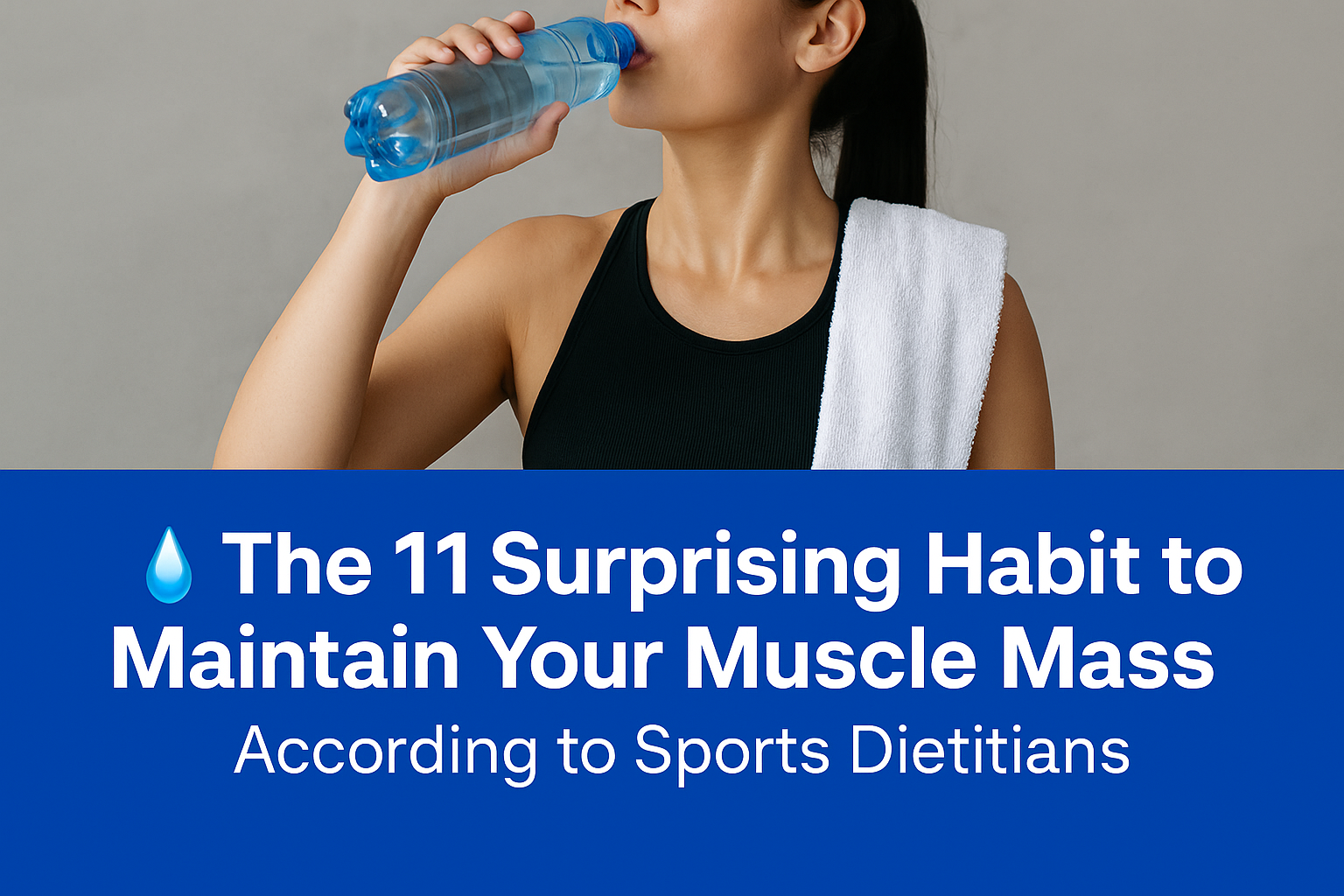
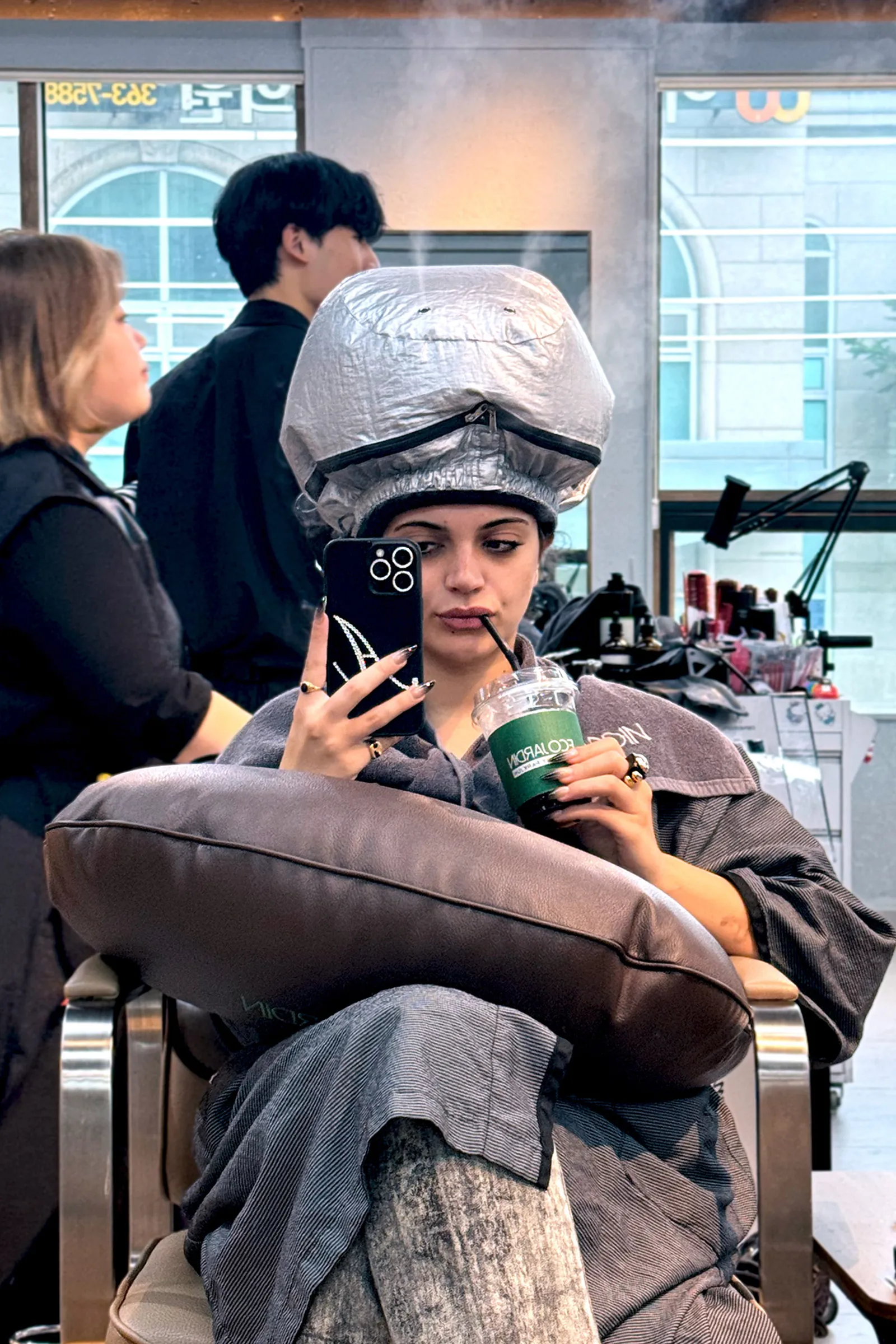
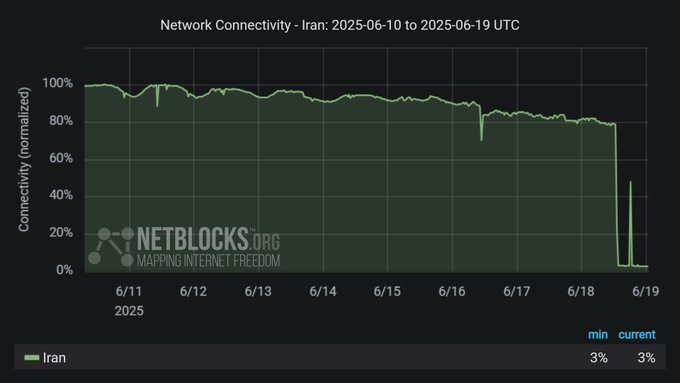
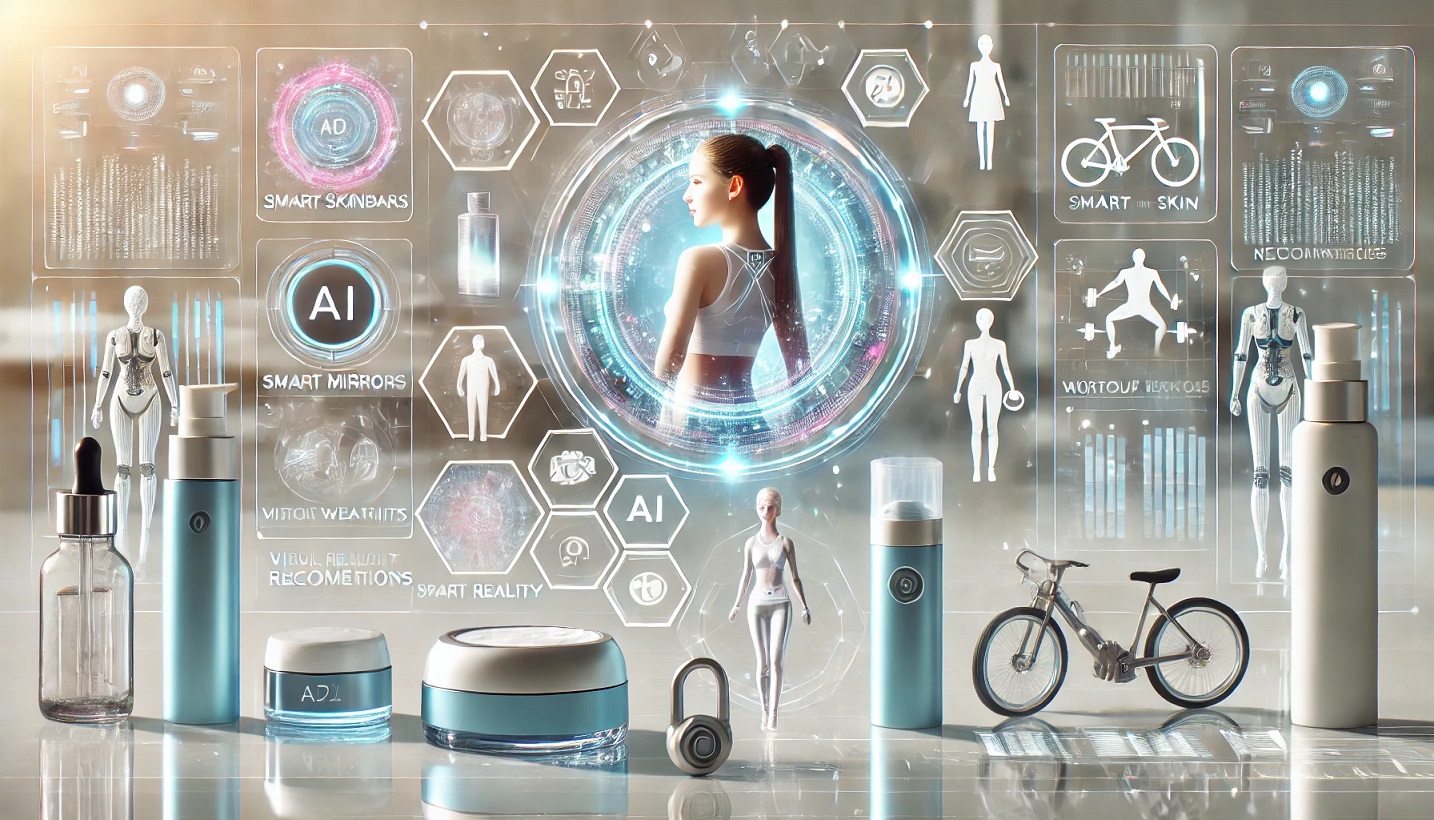


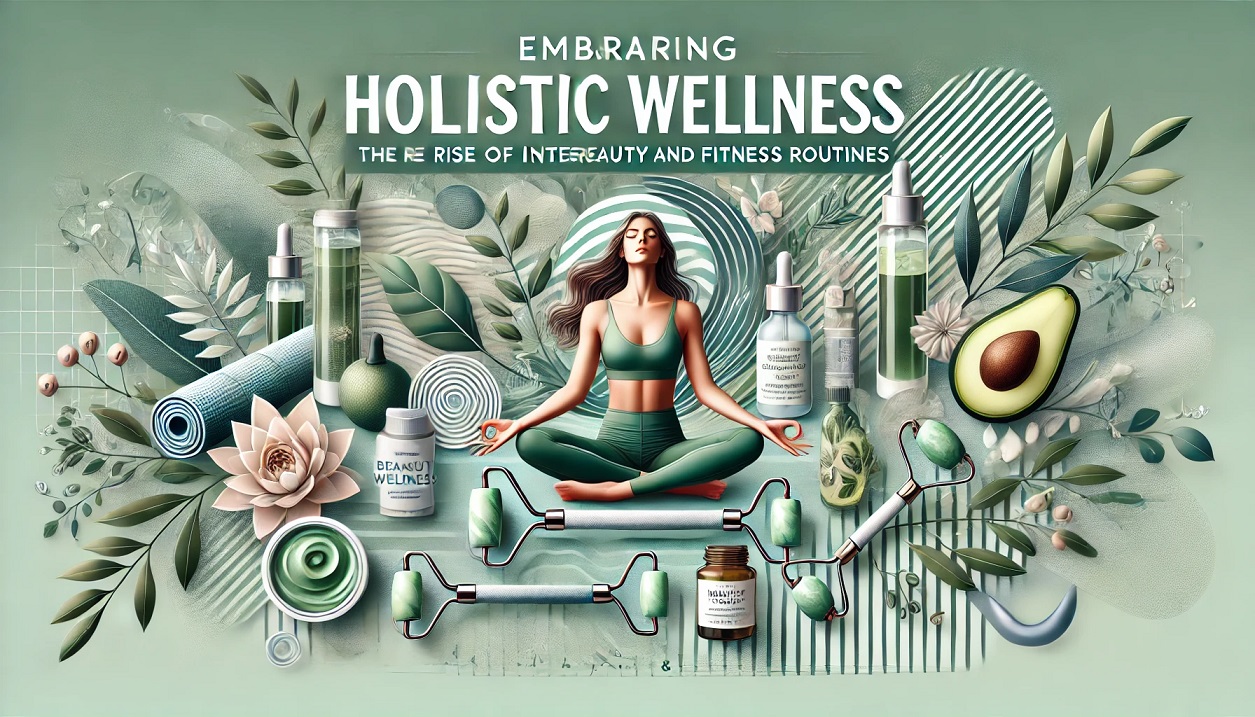


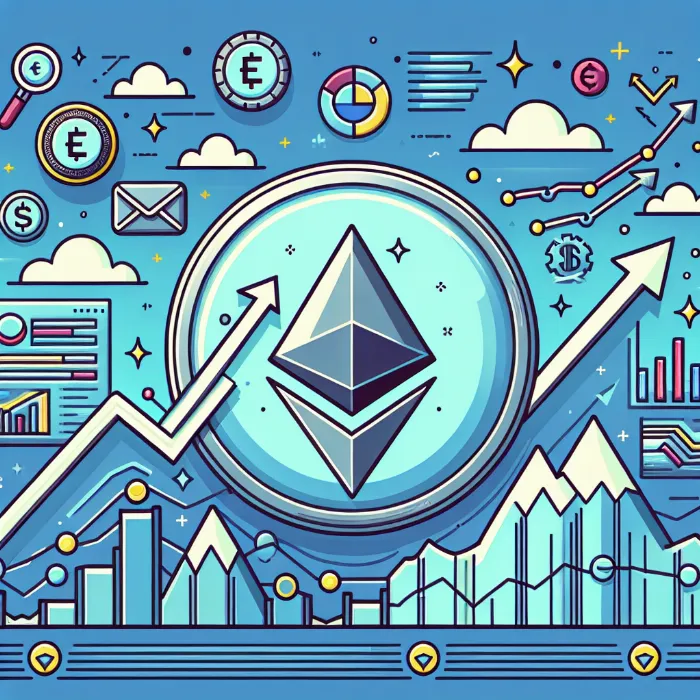
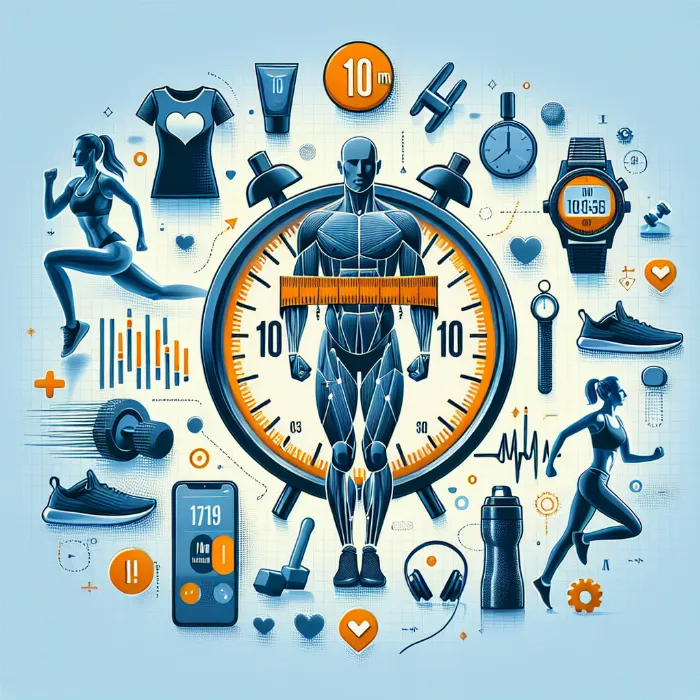




Comments 0